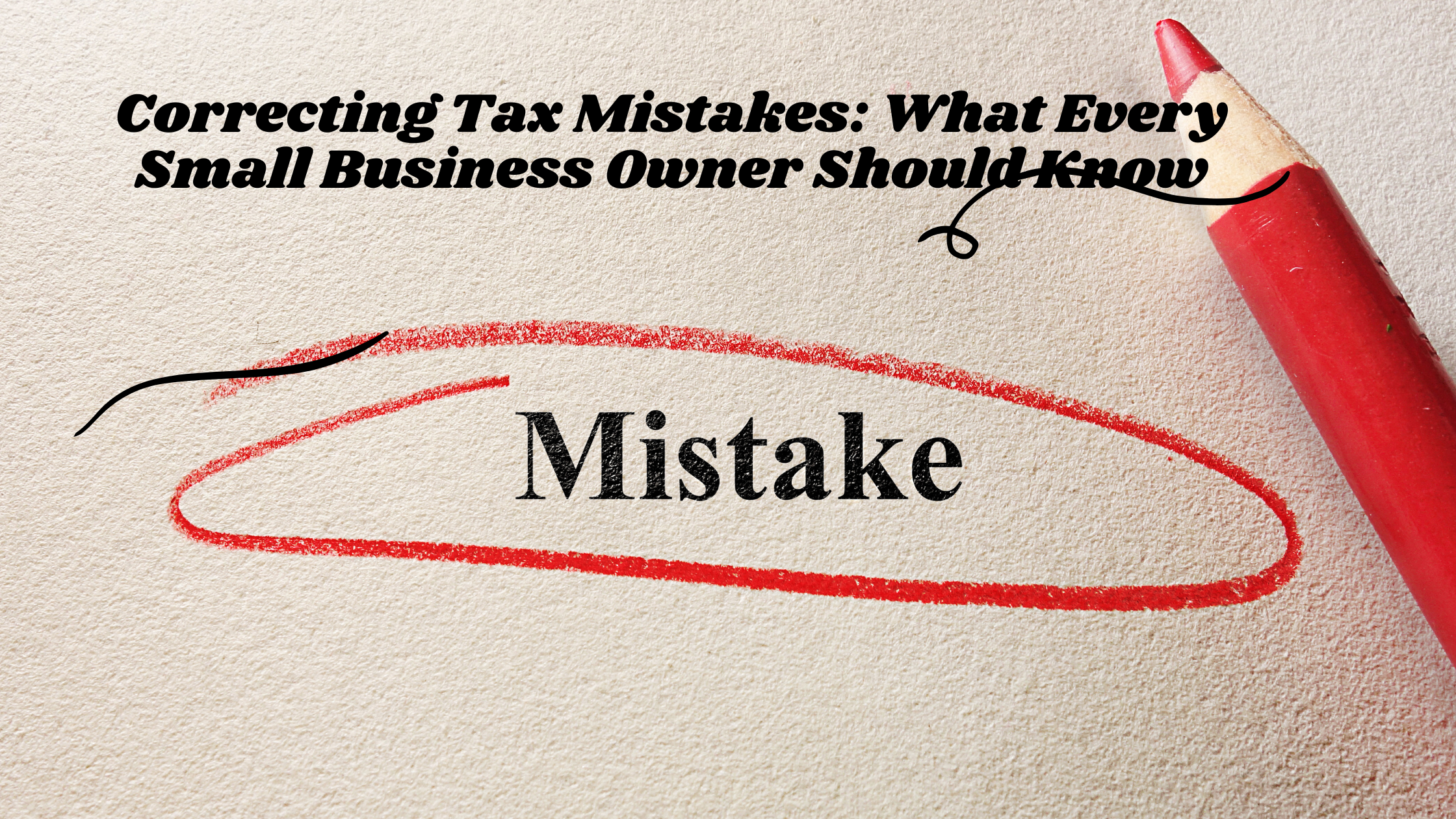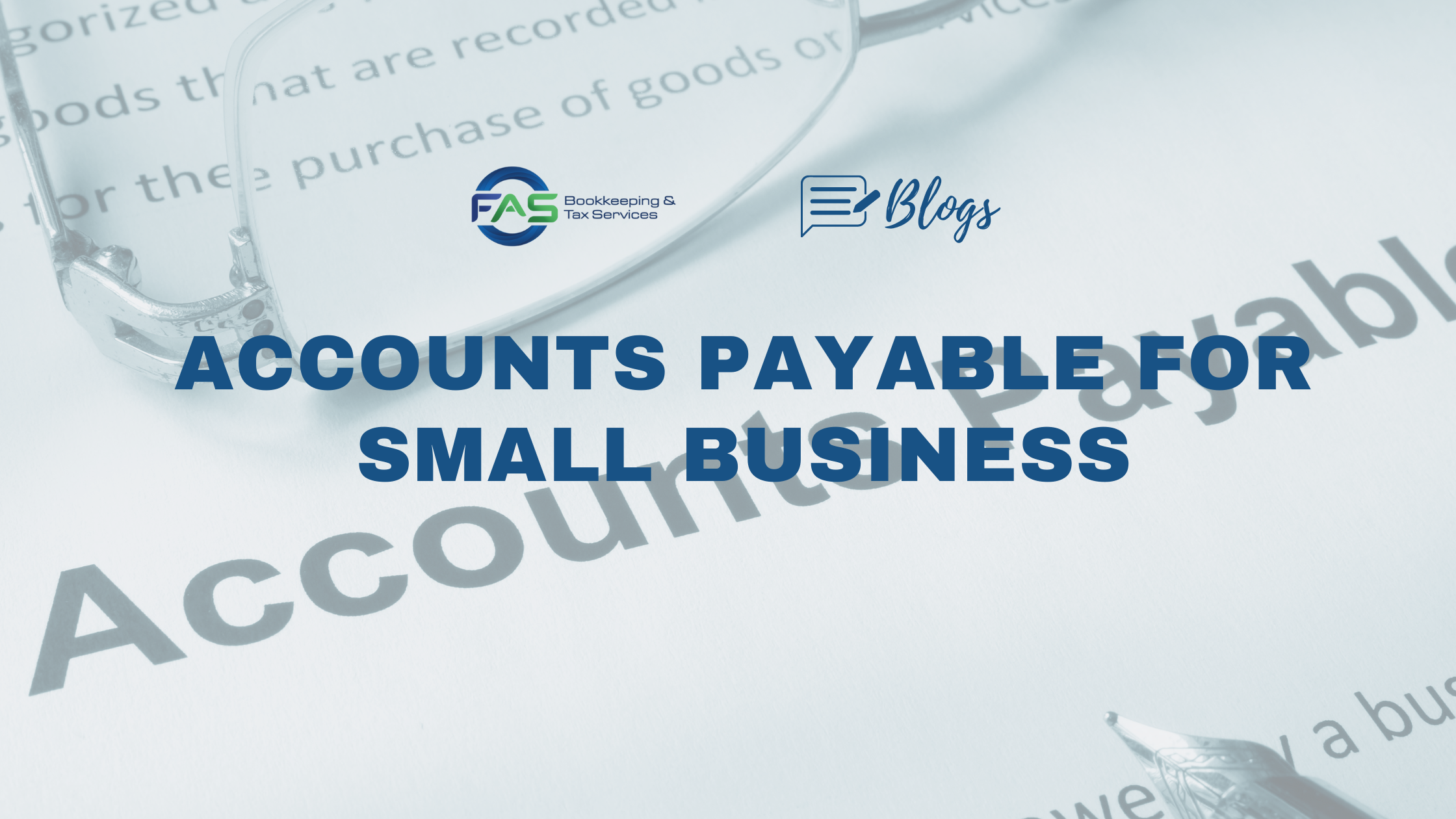Accounts payable for small business
 Accounts payable (AP) is the process of recording payments made to vendors by a company, as goods and services are procured. Businesses typically have multiple payments made at different stages throughout the supply chain. This introduces a myriad of issues for small businesses that don’t have enough resources in-house to handle it all, causing delays and causing frustration with customers.
Accounts payable (AP) is the process of recording payments made to vendors by a company, as goods and services are procured. Businesses typically have multiple payments made at different stages throughout the supply chain. This introduces a myriad of issues for small businesses that don’t have enough resources in-house to handle it all, causing delays and causing frustration with customers.
In order to prevent this from becoming a problem, many companies use an automated system that tracks all their transactions in real time and provides them with notifications when there are any discrepancies or delays. This helps businesses avoid having to manually process payments, which can be time consuming and prone to human error.
There are multiple tools available to help with this process: invoice software, which allows you to create and send invoices, or invoice factoring companies, which will collect your invoices and pay them off on your behalf once they’ve been paid.
What is accounts payable?
Accounts payable or AP is one of the main areas that you should put a careful eye on when it comes to your small business. Accounts Payable is the term used to describe money that is spent within a business. Accounts payable are those expenses that have been made but not yet paid out. They usually include items such as raw materials, utilities, telephone bills and wages paid to employees. There are four major parties in accounts payable: these are customers, suppliers, bankers and internal staff (payroll). If a company is unable to pay its bills on time or in full, or if it fails to address external creditors’ concerns about its creditworthiness, the company may face financial distress that could lead to insolvency or bankruptcy down the road. The purpose of this article is to give more clarity about accounts payable.
The Accounts Payable process is one of the most important parts of managing your company’s cash flow. It helps you keep track of how much money you’ve paid out, and for what.
If you’re not keeping an eye on your expenses and payments, you could easily end up paying for inaccurate invoices. This means that you would be paying too much for something that isn’t worth as much as you think it is—and it could also mean that you are paying for things that aren’t necessary.
By tracking your expenses and payments, you can avoid paying too much or too little. Having a good Accounts Payable process in place will help you monitor how much accounts payable is costing you so that you can make informed decisions about when to pay bills and when not to pay them (or at least delay them).
Accounts Payable Cycle Explained
When you open a small business, one of your first priorities is getting paid by your customers. You don’t have time to be worrying about your accounts payable process—you’re too busy overseeing the day-to-day operations of your company.
But what happens when you are not able to pay on time?
If this has happened to you in the past, then it’s time to implement an accounts payable process. This will allow you to check your invoices, enter them into your accounting system, and settle the payment after ordering and receiving goods from your vendor.
Just remember: it can be hard to keep track of all this when you’re starting out, but with a bit of planning and effort early on, you’ll find yourself much better prepared for any future issues or problems that might arise with your small business payments.
In a nutshell, the accounts payable process can be broken down into several steps:
- Create a purchase order then input the purchase order or P.O. to your accounting system or inform your bookkeeper.
- When the product arrives at your doorstep, compare the packing list to the purchase order, making note of any discrepancies in price, quantity, etc.
- Update your purchase order in your accounting system.
- Enter the invoice against the purchase order when it arrives.
- If you don’t use purchase orders, you need an approval process in place to ensure that only the invoices that the owner approves are being paid. When an invoice arrives, the owner must sign off on it before it can be paid. You can use an electronic A/P system like Bill.com to set up levels of approval for each business owner so that the bookkeeper can enter them into the system but your business owner still has to approve them before they can be paid.
- To mark the invoice as paid, the purchase order should be posted against the invoice.
- No one else other than the business owner should sign checks for invoice payments. Also, the business owner or the bookkeeper should review the bank statement each month, paying special attention to the check images on the statement to identify possible misuse of the check stock.
Organizing your accounts payable
If you’re new to being an entrepreneur and haven’t yet set up your accounts payable system, it can be pretty intimidating. But the process itself is fairly straightforward—and you don’t even need special accounting software to do it.
If you have been managing your personal bills for a while—including utilities, student loans, mortgage or rent payments, and the like—you’ve likely already used a very similar system. The point of your accounts payable system is simply to keep track of when payments are due, and make sure that you don’t let any bills get lost in the shuffle.
Setting up an accounts payable system is as simple as creating a bank account for each of these bills. You will then add them all into your bank account so that they appear in one place. From there on out, everything about these bills can now be tracked easily by using a spreadsheet or program like Excel or Google Sheets (or any other program that allows you to input data). For example: if your electricity bill comes due on October 15th and was paid on October 10th (so it was late), then that charge would show up in your accounts payable list as $150.00
Accounts payable spreadsheet
Many small businesses use an accounting spreadsheet program to manage their accounts payable processes because these programs offer a convenient way for users to enter, review, and print out various parts of the accounting process. They are also easy to learn how to use and customize for specific needs. For example:
-You can set up your own templates for different types of invoices or purchase orders.
-You can create different types of reports based on specific criteria (such as when you last received payment from a customer).
-You can keep records on how much money you owe each vendor at any given time in a single place instead of having to keep track manually in multiple places like spreadsheets or calendar reminders (which can be difficult if different employees have different ideas about what needs recording).
Benefits of accounts payable to your cash flow
In a business context, accounts payable is recorded as a short-term liability in the balance sheet. If handled improperly, this practice can have a major impact on cash flow.
Accounts payable is treated as a source of cash, meaning that if you manage your accounts payable properly, you can take advantage of supplier agreements and increase the amount of cash on hand.
For example, when your company is starting on a new project that requires cash reserves to be as sound and healthy as possible, management can delay paying outstanding accounts payables for a period of time; this is okay in the short term but can have long-term damaging effects. Taking steps to automate your accounts payables process can help optimize your cash flow.
Talk with your bookkeeper
You might think that the benefits of talking with your bookkeeper about accounts payables are practically the same as those for talking with your accountant. But there is something very important that you should know about this process: it’s not just about taxes and accounting.
Accounts payables is an important process for a small business owner because it can save you money by keeping track of all your expenses. The money saved will go towards paying down debts or investing in other areas that are important to your business’s success. It also helps prevent fraud and embezzlement, which can be detrimental to a small business’s reputation and bottom line.
But there are even more benefits beyond these two main ones! A bookkeeper will also help you manage cash flow, which means that you’ll be able to keep more money in the bank than having to use it all at once on bills. This can be especially helpful if you have seasonal businesses or products that need time to sell before making their way back into profit territory again—like flowers or chocolate bars!
And finally, talking with your bookkeeper about accounts payables gives them insight into how well your company is doing financially so they can make sure that you are on the right track.
Does your bookkeeper offer accounts payable services? If not, then send us a message today and we’ll take care of your bookkeeping and accounts payable for you!





